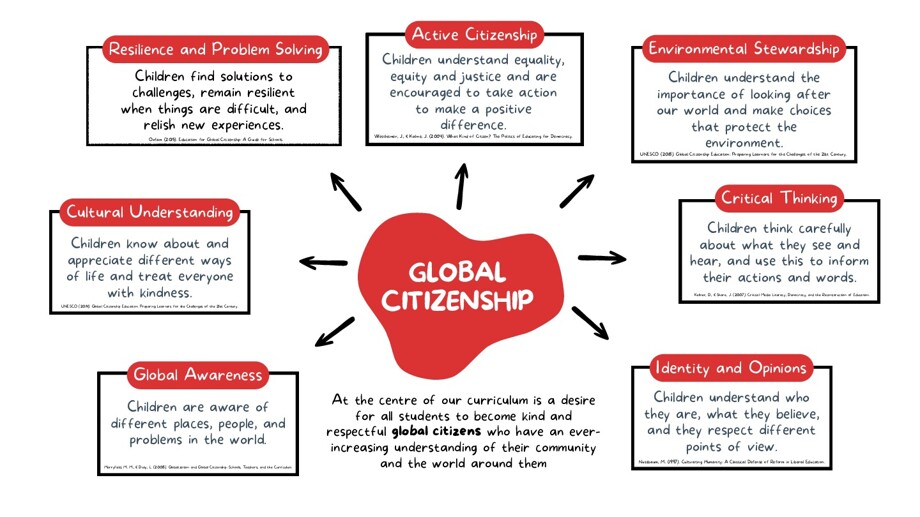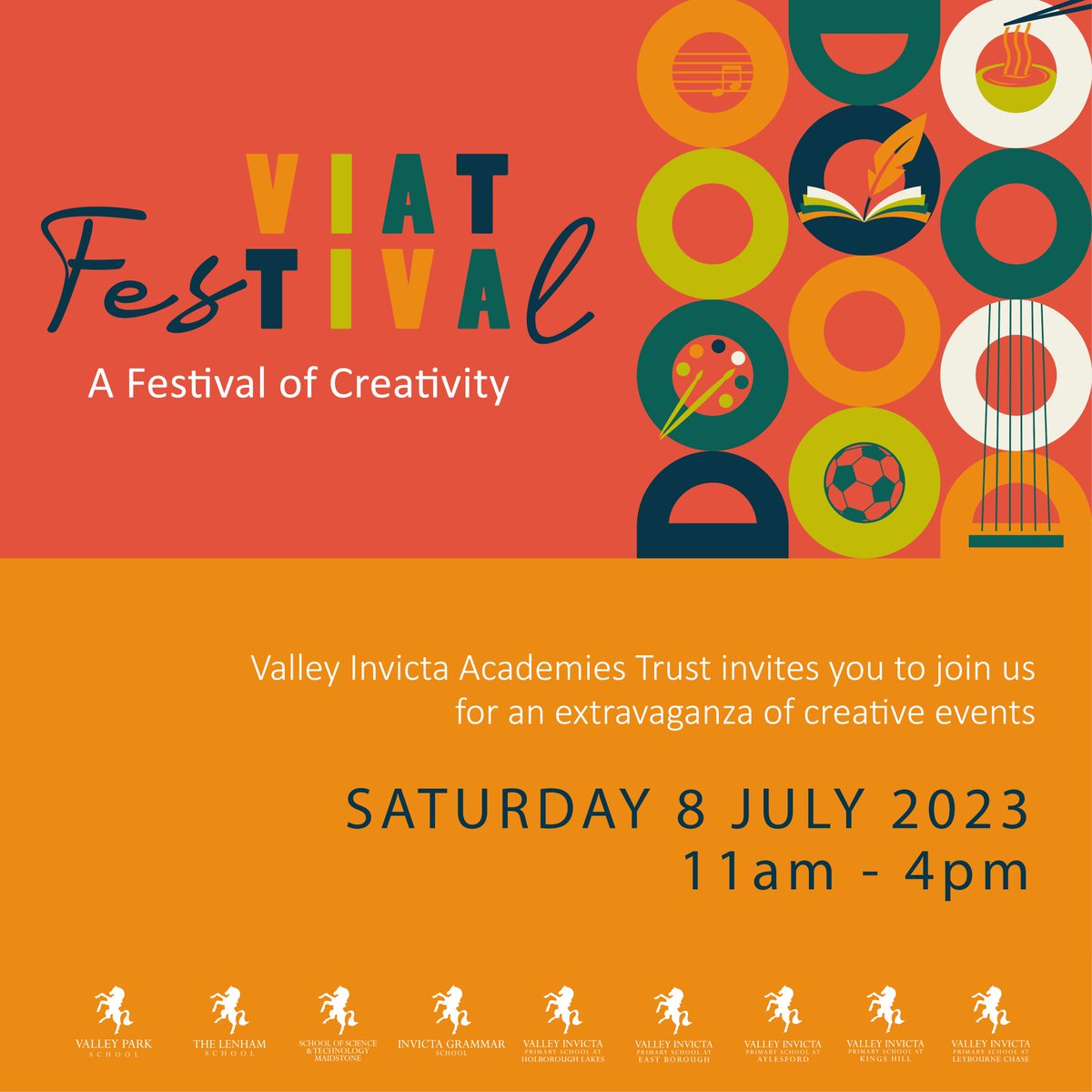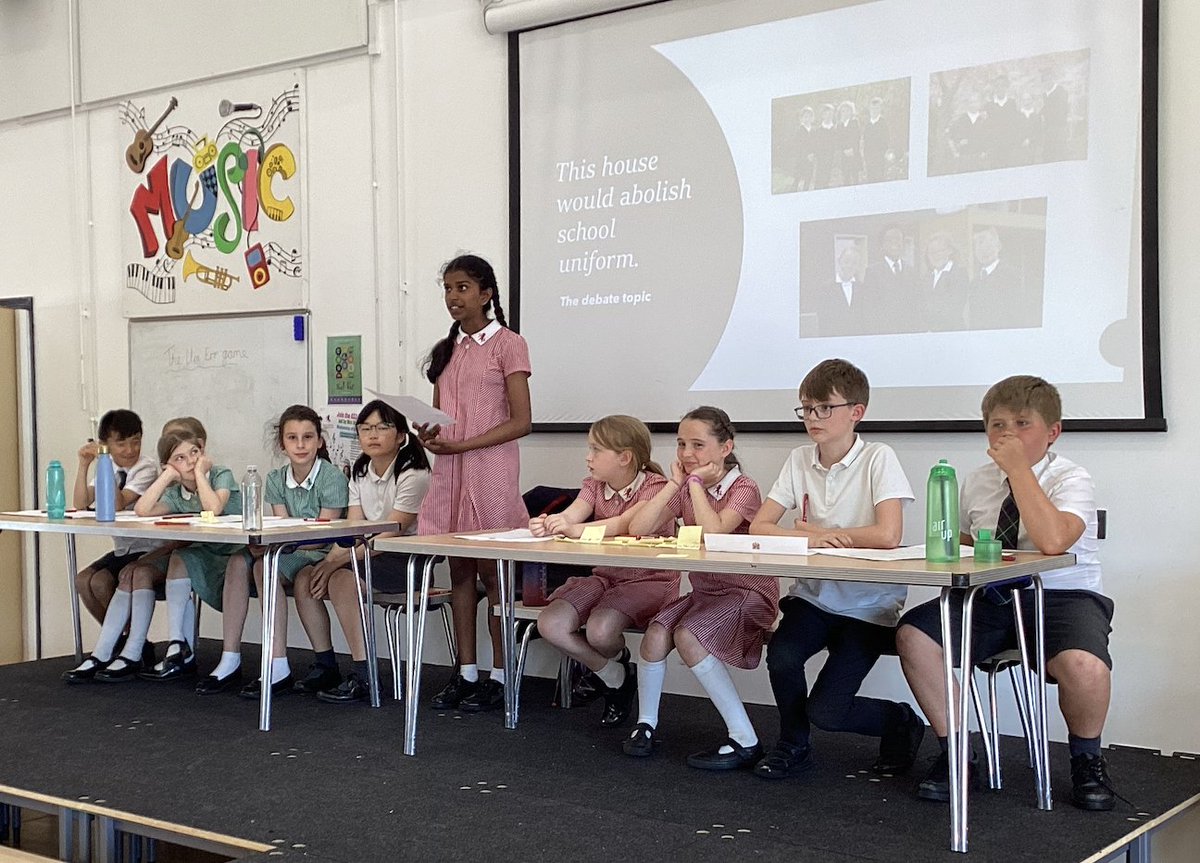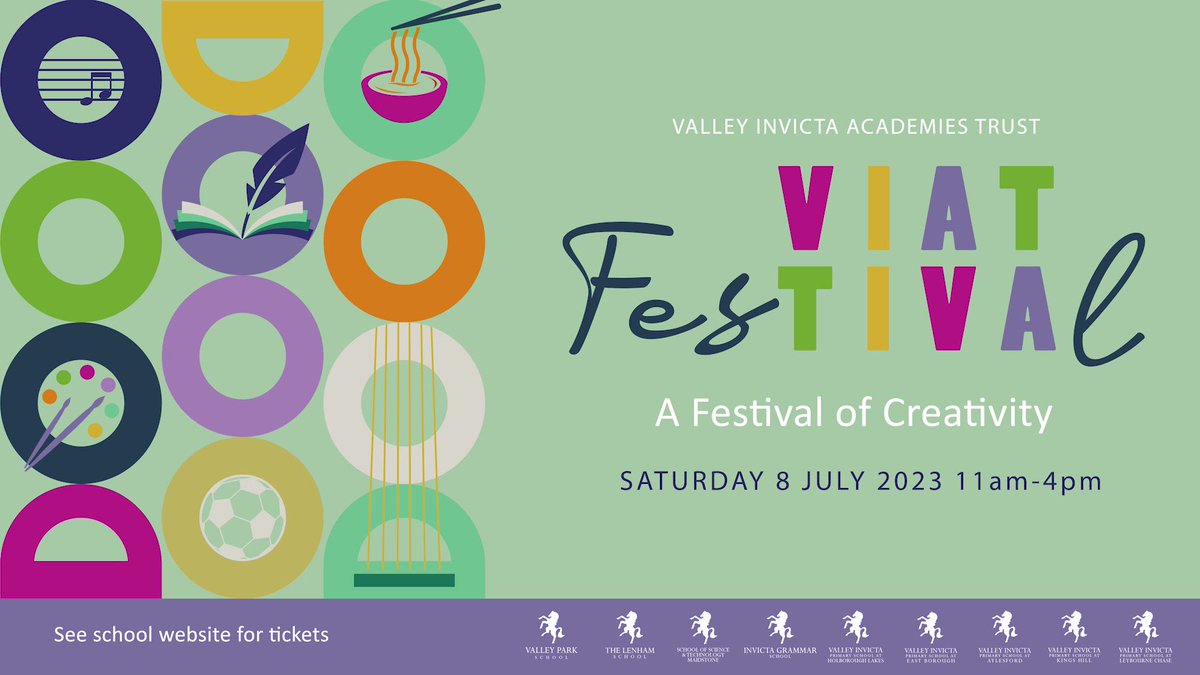Download our FREE smartphone app today!
Curriculum (Overview)
Intent
At the heart of our curriculum is a commitment to developing kind, respectful and active global citizens. We aim to nurture children who are curious about the world, who value diversity, and who understand their role in shaping a fairer, more sustainable future.
Our approach is driven by a clear intent:
To provide a meaningful and exciting curriculum that promotes high aspirations, encourages resilience, and fosters an ever-increasing understanding of community and the wider world.
To support this, we embed seven key Global Citizenship themes across all subjects and learning experiences:

1. Resilience and Problem Solving
Children are encouraged to solve problems independently and collaboratively, to learn from mistakes, and to approach new experiences with confidence. They build the skills and mindset needed to tackle real-world challenges with creativity and perseverance.
2. Active Citizenship
We empower pupils to understand concepts of fairness, equity and justice. They are encouraged to take action - whether through our school council, community projects, authentic final outcomes or classroom debates - and to see themselves as changemakers in their school, community and beyond.
3. Environmental Stewardship
Through our science and geography curriculum, as well as whole-school initiatives, children explore sustainability, climate change, and the importance of protecting our planet. They learn that small actions can make a big difference.
4. Critical Thinking
Using the framework of Bloom’s Taxonomy, we support children to think deeply, question evidence, and explain their reasoning. Pupils learn to form opinions thoughtfully, evaluate perspectives, and engage meaningfully with complex ideas.
5. Identity and Opinions
Children are supported to explore who they are, what they believe, and how to express themselves with confidence and respect. Our curriculum celebrates diversity and ensures every child feels seen, heard and valued.
6. Global Awareness
From Early Years onwards, pupils develop an understanding of different people, places and global issues. They learn how communities are connected, and how events around the world influence and reflect our shared humanity.
7. Cultural Understanding
Through stories, traditions, history and the arts, children learn to appreciate different ways of life and celebrate difference. They develop empathy, curiosity and a strong sense of belonging in a diverse world.
Implementation
Our pedagogy ensures that these themes are not delivered as standalone concepts but are woven meaningfully throughout our curriculum using a consistent, evidence-informed approach.
· Bloom’s Taxonomy is central to our lesson design. We guide pupils from foundational knowledge to higher-order thinking, encouraging them to apply, analyse, evaluate and create in response to key questions and provocations.
· Metacognition is built into every sequence. Children are taught to reflect on their thinking, explain their reasoning, and evaluate their progress. We place great emphasis on why we learn - not just what we learn.
· Consistent formative assessment is used to shape learning responsively. Through rich questioning, observation, live feedback and self-reflection, teachers ensure that children stay at the edge of their learning - challenged but supported.
· Deep thinking is embedded throughout each sequence, not just at the end. This means children regularly justify ideas, explore alternative perspectives and make meaningful links across the curriculum.
· Leadership at all levels plays a vital role. Subject leaders and senior leaders regularly review learning, talk with children, and monitor work in books to ensure the curriculum remains rich, ambitious and relevant. This ensures that curriculum intent is consistently realised in the classroom.
Impact
Our curriculum ensures children are not only academically prepared, but morally grounded and globally minded. They leave us as:
· Critical and creative thinkers who ask questions, challenge assumptions and reflect deeply.
· Confident communicators, developing strong oracy skills to express themselves clearly, respectfully and with purpose.
· Resilient learners who embrace challenge, learn from mistakes and persevere through difficulties.
· Respectful individuals, secure in their own identity and open to diverse perspectives.
· Motivated citizens who care for their world and take action to make a positive difference.
Through this approach, our pupils are empowered to make thoughtful choices, build meaningful relationships, and go into the world ready to make a difference - in their own lives, in their communities and beyond.
To view our National Curriculum Progression please click here
Mastery
Depth of Learning
| Year 4 Timetable |
| Year 5 Timetable |
| Whole School |
|---|
| Useful Acronyms |
For further information on the curriculum followed by all year groups please contact the Headteacher.
Or you may access details of the full National Curriculum HERE
























